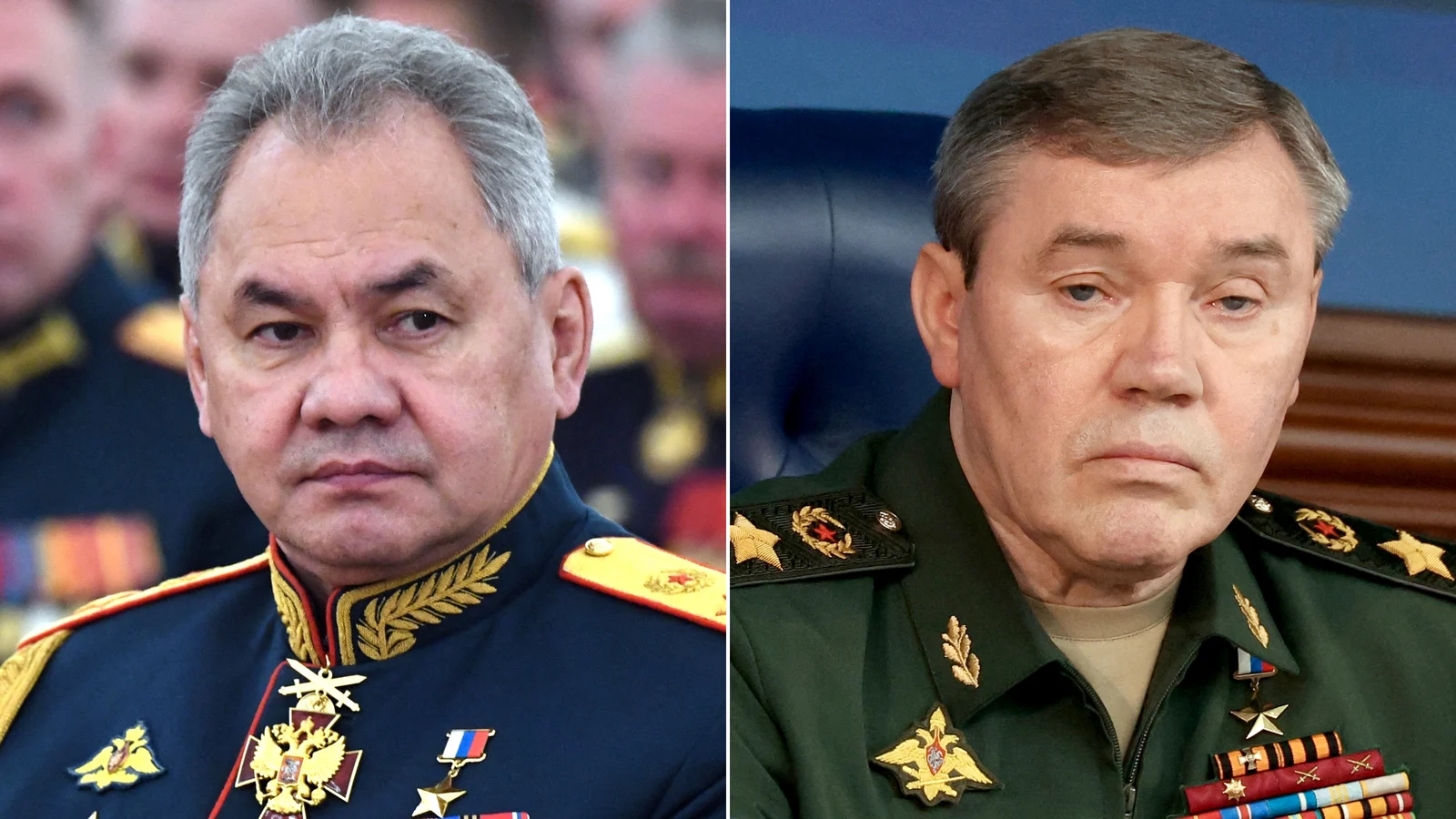The International Criminal Court (ICC) has issued arrest warrants for former Russian Defense Minister Sergei Shoigu and Chief of the General Staff Valery Gerasimov, accusing them of international crimes, war crimes, and crimes against humanity.
The court stated that the two are allegedly responsible for directing attacks on civilian objects and causing excessive incidental harm to civilians or damage to civilian objects. They are also accused of crimes against humanity.
On the same day, Europe’s top court found Russia guilty of systemic human rights violations in occupied Crimea since February 2014, marking a victory for Kyiv in its first interstate hearing against Moscow over the peninsula. This decision could pave the way for more such cases.
Following the ICC’s announcement, Russian state news agency TASS quoted the Security Council of Russia, led by Shoigu, as dismissing the court’s decision as “null and void,” stating that the ICC’s jurisdiction does not extend to Russia and calling the decision part of the West’s hybrid war against the country.
Ukrainian officials welcomed the ICC’s announcement. President Volodymyr Zelensky said the decision demonstrates that “no military rank or cabinet door can shield Russian criminals from accountability.”
Ukraine’s human rights ombudsman, Dmytro Lubinets, noted that the ICC decision brings Ukraine closer to achieving justice, stating, “Sooner or later, a just punishment will overtake every war criminal!” Andriy Yermak, head of Ukraine’s presidential office, emphasized that Shoigu and Gerasimov are being held “individually responsible,” adding, “This is an important decision. Everyone will be held accountable for evil.”
The arrest warrants place Shoigu and Gerasimov on the ICC’s wanted list, although it is uncertain if they will ever stand trial, as the court does not conduct trials in absentia and it is unlikely they would be handed over by Moscow.
These new warrants bring the total number of top Russian officials wanted for war crimes to four. The ICC has previously issued arrest warrants for President Vladimir Putin and Russian official Maria Lvova-Belova for an alleged scheme to deport Ukrainian children to Russia.
Located in The Hague, Netherlands, and established by the Rome Statute, the ICC operates independently. Most countries—124 of them—are parties to the treaty, but there are notable exceptions, including the United States, Russia, and Ukraine. Under the Rome Statute, any signatory country is obliged to arrest and hand over anyone facing an ICC arrest warrant.
